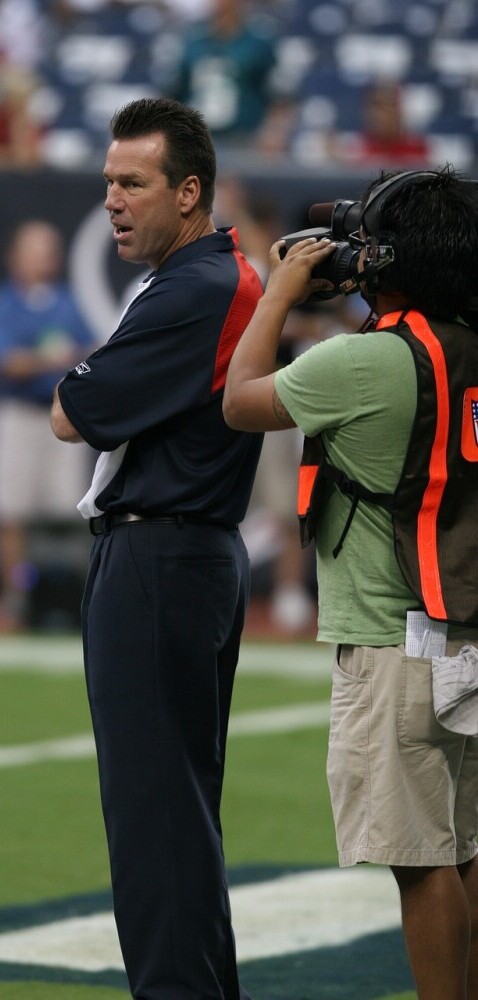
Getting young soccer players to shine isn’t just about drilling techniques over and over. It’s more about nurturing their individual talents and helping them find confidence on the field. Coaches today are focusing on creative play, letting kids experiment with their style and discover what they’re truly capable of.
Small-sided games are making a big splash in youth coaching. Why? They zone in on technique and increase the number of touches a player gets with the ball. This approach provides real-time decision-making scenarios and enhances tactical understanding without overwhelming young players with too many players on the field.
Incorporating video analysis has given coaches an extra edge. Now, it’s easier to provide personalized feedback. Young athletes can watch their games, see what works, and what they need to tweak. It’s like having a mini-coach always on their screen!
Of course, soccer is about physical skill, but equally important is the mindset. Encouraging a growth mindset means teaching kids to embrace challenges, learn from defeats, and continuously strive for improvement. It’s about turning setbacks into opportunities and finding strength in perseverance.
The game is evolving, and with these cool strategies, young athletes are not just getting better at soccer. They’re growing as individuals too, ready to show resilience whether they’re on or off the field.
The Digital Revolution: Technology in Youth Soccer
Technology is shaking up youth soccer in ways we couldn’t have imagined a decade ago. It’s not just about flashy gadgets but game-changers that are making the sport smarter and more engaging for young athletes.
Wearable tech is leading the charge in tracking player fitness and performance. These little devices help coaches monitor workloads, ensuring kids aren’t overtraining but pushing just the right amount to advance their skills. It’s all about keeping things balanced while aiming for growth.
Data analytics isn’t just a term for big-time soccer clubs anymore. Youth coaches are diving into the numbers, analyzing everything from pass accuracy to sprint speeds. It helps to pinpoint areas for improvement and tailor training sessions that really hit home.
Remote training has taken off, thanks to virtual coaching platforms. This tech allows kids to stay on top of their game, even if they can’t make it to the field. It’s pretty handy, offering personalized drills and keeping coaches connected with their players.
Artificial intelligence is the new kid on the block. AI-driven software is breaking down game footage into bite-sized tactical insights. This keeps young players learning advanced strategies without overloading them with too much information at once.
Embracing these technologies lets youth coaches craft a smarter, more dynamic training experience. They’re opening new avenues in the beautiful game, making it an unforgettable journey for young athletes everywhere.
Prioritizing Mental Health: Wellness in Youth Soccer
Youth soccer isn’t just about physical prowess—mental health stands as a vital piece of the puzzle. Kids face pressures from competitive play, and recognizing this is the first step towards fostering a healthy sporting environment.
Understanding the psychological impacts of sports pressure can be a game-changer. Coaches are getting savvy with tools to help kids handle stress. Mindfulness exercises, for example, teach players how to stay calm and focused during intense matches, making sure the mind is as fine-tuned as the body.
Creating a team atmosphere that’s supportive and inclusive is crucial. It’s about making every player feel valued and connected, fostering an environment where they thrive both as athletes and individuals. They’re learning to work together, lift each other up, and celebrate successes as a team.
Coach education is pivotal. When coaches are well-versed in spotting signs of mental health issues, they can take steps to support their players effectively. Opening the lines of communication between coaches, players, and parents builds trust and ensures kids have a support system they can rely on.
As we weave mental wellness into the fabric of youth soccer, we create spaces where young athletes can grow holistically, embracing both the joys and challenges of the sport with resilience.
Building the Future: Fostering Resilience and Leadership
In youth soccer, nurturing resilience and leadership is skyrocketing in importance. Players aren’t just kicking a ball around — they’re developing skills that will serve them for life.
Leadership comes alive when kids take charge during team activities. Coaches are setting up scenarios where players must step up, make decisions, and guide their teammates. These moments are priceless, showcasing budding leaders who learn by doing rather than just listening.
Resilience is another powerhouse quality being encouraged. Soccer presents plenty of ups and downs, and players are learning how to handle these moments with grit. They’re taught to pick themselves up after losses, hold onto victory moments, and navigate tight games with a cool head.
Life skills have found their way into training sessions. Beyond drills and tactics, players are learning about time management, communication, and responsibility. These lessons translate seamlessly into off-field situations, preparing them for future challenges.
Empowerment comes full circle when young players feel confident enough to mentor peers. By sharing knowledge and guiding teammates, they become role models, fostering a culture of mutual respect and growth.
As these young athletes embrace leadership and resilience, they’re not just preparing for games. They’re gearing up for life, taking on whatever it throws their way with confidence and capability.
